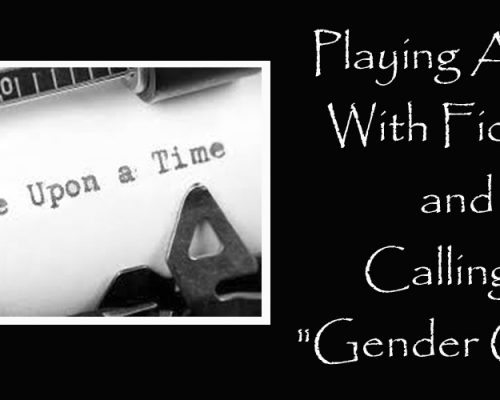I suppose that I, like others, will take three to seven days to readjust to falling back just one hour in the journey. Whether it is springing forward or falling back, our personal rhythms undergo responses to even the slightest change of a single hour of time.
It may not sound like much, but, while my clock tells me it is midnight, it is really 1 am.
I had some joy today – a young woman I’m getting to know came and worked outdoors with me for four hours today. I seem to be nearing completion of tasks I want to accomplish before the winter, and the past several days have been beautiful here.
Tonight I tuned into a series I have not watched in quite awhile, on Netflix.
“Call the Midwife.”
What mother can watch this series without gut-wrenching emotion.
At one point I’m thinking, “Who writes this stuff, anyway?”
In a span of two hours I broke down and wept, and then contemplated, and then paused and walked out to my shop for some acrylic paints needed for some tweaking on one of the little illustrations I’m doing in front of TV in hopes of completing a little storybook I began seven years ago to gift to my sons.
But in particular, this little storybook is first for my youngest son. It’s called The Amazing, Magical Musical Tree and is a glorified Jack-in-the-Beanstalk tale, changed up a bit to make a little stuffed animal called Super Teddy the main hero.
But, back to Call the Midwife.
The title of this piece came from the verbal speaking that tends to always come at end of episodes by one of the narrating sisters.
“Much is expected of us on this journey.”
In two hours tonight, I witnessed the birth (and death) of a baby born without legs, the hemorrhaging of the same baby’s father since he had been exposed in War to nuclear testing, the joyful birth of another child only to follow that the mother has acute leukemia and dies, having a nurse dictate a letter to her husband and him giving her permission to leave (die), after she gets to hold the baby again.
On this show, within two hours I also witnessed another woman give birth at home without a midwife to a baby boy, conceived through a fling while her naval husband was at sea. He had come home early (she was planning to give birth and put up for adoption before he returned) and was about to divorce her when she went into labor. The child was not breathing, and the man shows mercy and revives the infant. Then, bonds with the new, innocent life. Eventually, he accepts and she confesses her remorse and aloneness and he seems to forgive.
I witness, on this show, an unconscious woman having a D and C to end a pregnancy by a doctor that later the sisters end relationship with – in terms of his clinic.
It was just a lot.
Why do people write such drama, and, why do people watch?
Was it as if I needed one more thing to remind me of the incalculable, everyday personal pains and losses in this world, the myriad forms of death and loss of dreams, both big and small?
The show has such a nostalgic feel, and we want to weep, and we want to hope.
We watch it, and I suppose because we relate and acknowledge that a baby is God’s sign that life should go on.
Likely, most fans of Call the Midwife are not male. And likely, women who have never given birth may not be drawn into the boom-boom-boom crashing, crashing emotional intensity that this series evokes.
It can feel like wave upon wave crashing over one’s head.
And yet, I could have turned it off. I mean, it’s a TV show. Right?
Yes, much is required of us on this journey and I suppose that well of tears was waiting to be triggered into release.
It was a rough week in hidden ways only shared with two friends, to be precise, with continued forms of deep loss(es) and situations in which much is expected of me in the journey.
Thank You For Reading
Please Feel Free To Express Your Thoughts Below




